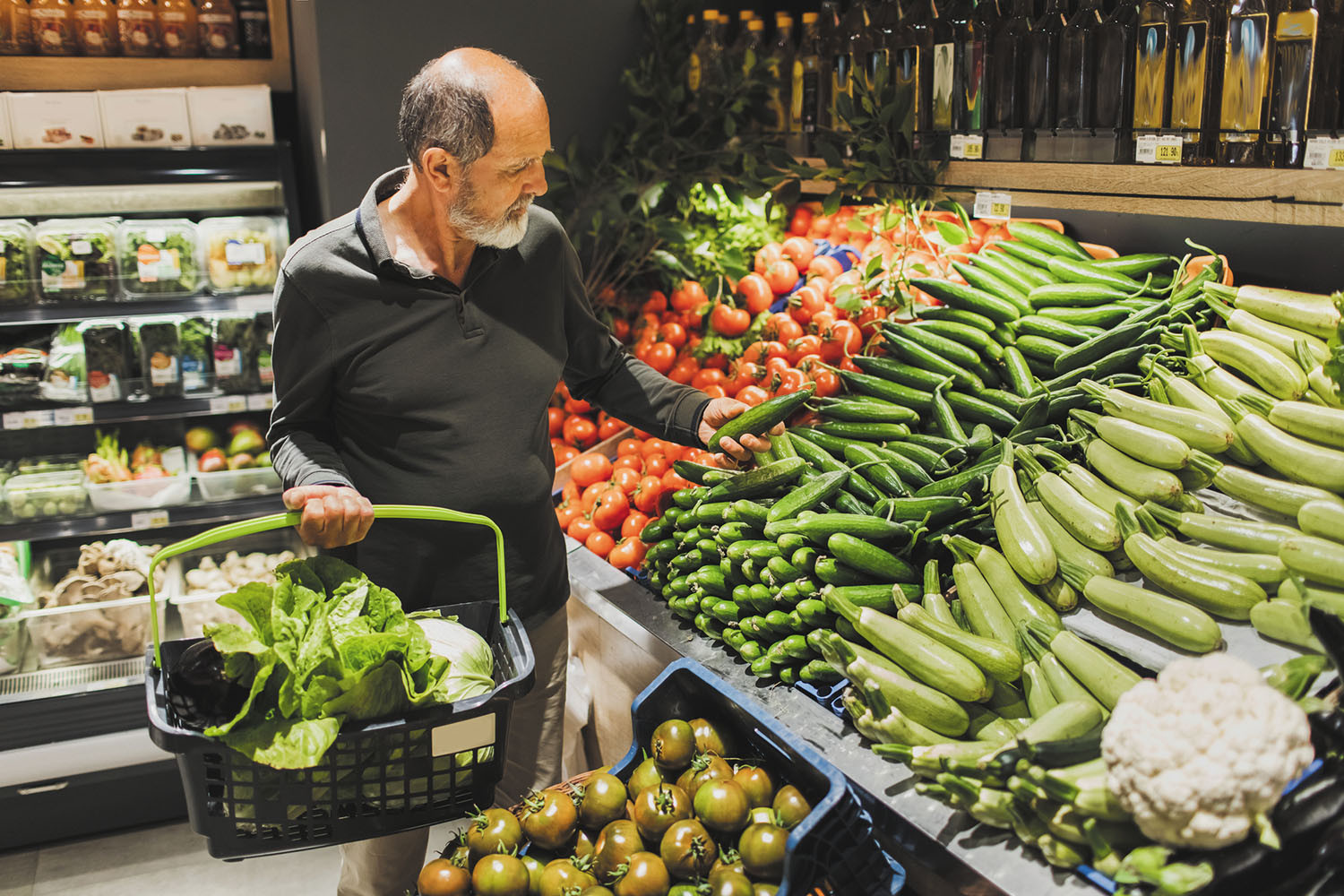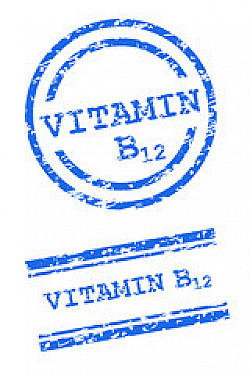Diet and prostate cancer
Can following a plant-based diet offer extra protection?
- Reviewed by Howard E. LeWine, MD, Chief Medical Editor, Harvard Health Publishing; Editorial Advisory Board Member, Harvard Health Publishing

A plant-based diet can help people lower their risk for heart disease and diabetes. But what about prostate cancer? Can this medically touted eating pattern protect you from the most common cancer among men?
"Unfortunately, there is no miracle prostate cancer diet," says Dr. Bradley McGregor, an oncologist with Harvard-affiliated Dana-Farber Cancer Institute. "But as we learn more about the role diet plays in disease prevention, there is growing evidence that plant-based diets may lower your risk of prostate cancer and even help slow its spread."
What the science says
With some minor variations, the most studied plant-based diets — Mediterranean, MIND, and DASH — are similar. They emphasize eating plenty of fruits and vegetables (especially cruciferous vegetables), beans and legumes, whole grains, fatty fish, nuts and seeds, and olive oil while reducing the intake of red meat and processed foods. Plant-based diets also can include similar eating patterns, like vegetarian, vegan, and pescatarian (which adds sea-food to an otherwise vegetarian diet). So what does current science say about plant-based diets and prostate cancer? Let's begin with the overall risk.
Much research supports the conclusion that following a plant-based diet is linked with a lower risk of cancer in general. Studies that have looked at only prostate cancer have been promising, too. For instance, a study published in the 2022 volume of BMC Medicine that involved more than 409,000 people found that compared with meat eaters, vegetarians and pescatarians had a 43% lower risk of prostate cancer over 10 years.
If you have prostate cancer, can a plant-based diet help slow its growth? In a study published March 1, 2021, in the journal Cancer, 410 men on active surveillance for localized prostate cancer recorded their daily diets for three years. In those who ate more fruits, vegetables, legumes, grains, and fish, the cancer was less likely to grow to the point of needing treatment.
Another analysis of this connection — part of the ongoing CaPSURE Diet and Lifestyle Study — was presented in 2023. Approximately 2,000 men (average age 72) with early- to mid-grade prostate cancer periodically completed questionnaires about how much and how often they consumed 140 different foods. After about 7.5 years, those who reported diets with the highest amount of plant foods had a 52% lower risk of prostate cancer progression and a 53% lower risk of recurrence than those who ate the lowest amount of plant foods.
However, other research has not been as supportive. For instance, a 2020 study in JAMA found that increasing vegetable intake did not lower the risk of prostate cancer progression in men on active surveillance.
Planting the seeds for a better dietMany men find following a plant-based too strict. One way to overcome this barrier is to begin making small changes in your diet and build from there. For instance, focus only on replacing red meat with fish, add more vegetables to meals, and choose fruits and nuts for snacks instead of processed foods. To learn more about how to adopt a plant-based diet, visit /meddiet. |
Foods that fight cancer
These contradictions arise because most diet-related research only shows an association rather than cause and effect, says Dr. McGregor. "While the observational evidence for following a plant-based diet is strong, we can't be sure if certain foods or combinations are better than others, or even what specific amounts are ideal for managing prostate cancer."
Still, when researchers have looked at individual foods common in plant-based diets and their effect on prostate cancer, the results have been promising.
For instance, large studies have found that men with moderate to high fish intake are less likely to develop prostate cancer or die from it than men who do not eat fish. The fish's high levels of omega-3 fatty acids, known to fight inflammation, are often cited as protective benefits. Studies also have found that carotenoids (compounds that occur naturally in certain plants) have antioxidant properties that may protect the body against unstable molecules that damage DNA and cause cancer cells to form.
What you don't eat
Another part of diet and prostate cancer is what you don't eat. "Following a plant-based diet means you eat fewer processed foods, red meat, and foods high in cholesterol and saturated fat, all of which are linked to a higher risk of aggressive prostate cancers," says Dr. McGregor. "You also probably consume fewer calories over all, which can help manage excess weight, another risk factor linked with prostate cancer."
Image: © Oleg Breslavtsev/Getty Images
About the Author

Matthew Solan, Former Executive Editor, Harvard Men's Health Watch
About the Reviewer

Howard E. LeWine, MD, Chief Medical Editor, Harvard Health Publishing; Editorial Advisory Board Member, Harvard Health Publishing
Disclaimer:
As a service to our readers, Harvard Health Publishing provides access to our library of archived content. Please note the date of last review or update on all articles.
No content on this site, regardless of date, should ever be used as a substitute for direct medical advice from your doctor or other qualified clinician.
















